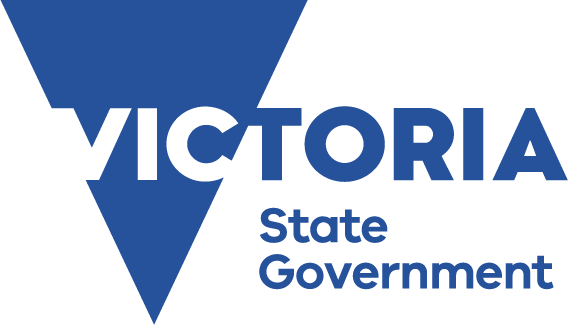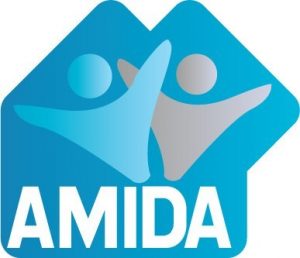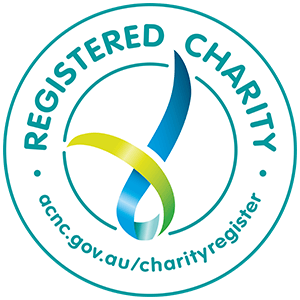What is an ABI?
The disability called brain injury – sometimes called acquired brain injury, or “ABI” – refers to any damage to the brain that occurs after birth.
That damage can be caused by an accident or trauma, by a stroke, by a brain infection, by alcohol or other drug abuse or by diseases of the brain. (Brain Injury Australia, 2020)
Traumatic Brain Injury (TBI) is a widely used term which is used to describe brain injury resulting from a “blow to the head” that affects the brain and leads to loss of consciousness or coma.
While the common perception is that ABI occurs from neurological trauma, the causes of acquired brain injury are much broader. It can also include conditions like Multiple Sclerosis, Huntington’s Disease, Muscular Dystrophy, Motor Neuron Disease, or Parkinson’s Disease. These are just a few conditions that cause damage to the brain post birth.
Often said to be a “hidden disability”, there can be a range of potential impacts that result from an acquired brain injury, as given below:
Physical effects:
- movement disorders and paralysis • dizziness and balance problems • epilepsy and seizures • eyesight, hearing, and speech problems • loss of taste and smell • headaches • chronic pain • fatigue and sleep disorders • hormonal changes • sexual changes
Cognitive effects:
- memory problems • difficulty solving problems • poor concentration and attention • reduced ability to organise and plan • lack of initiative and motivation • lack of insight and awareness, and poor judgement • repetition •mental fatigue
Personality and behaviour change:
- irritability, anger and easily stressed • depression • slowed responses and poor social skills • impulsive behaviour and/or a lack of emotional control • disinhibition • self-centeredness
Mental Health:
- clinical depression • panic attacks
(Synapse 2020)
In addition to functional, physical, cognitive, and behavioural effects, there are significant social challenges including social isolation, reduced, or changed social networks, unemployment, and altered relationships/family dynamics.
Synapse has a comprehensive and practical guide ABI The Facts, on understanding and responding to acquired brain injury. Click on the link here: https://synapse.org.au/abi-the-facts/





